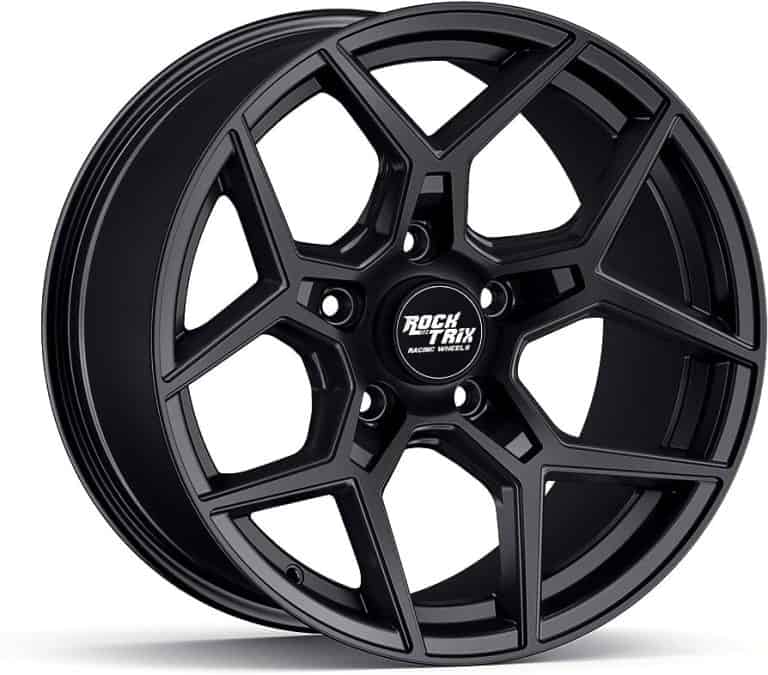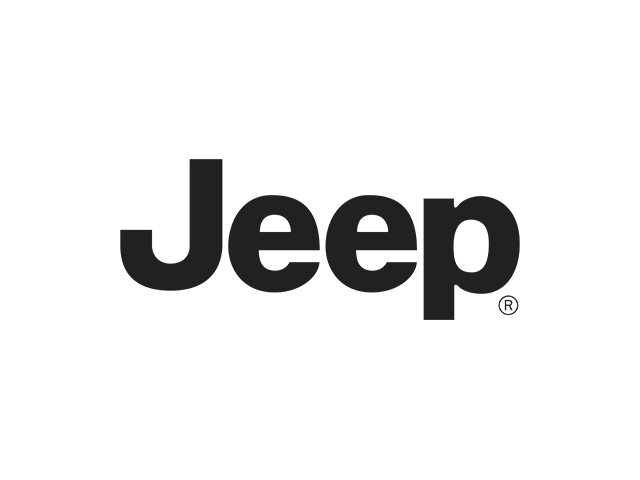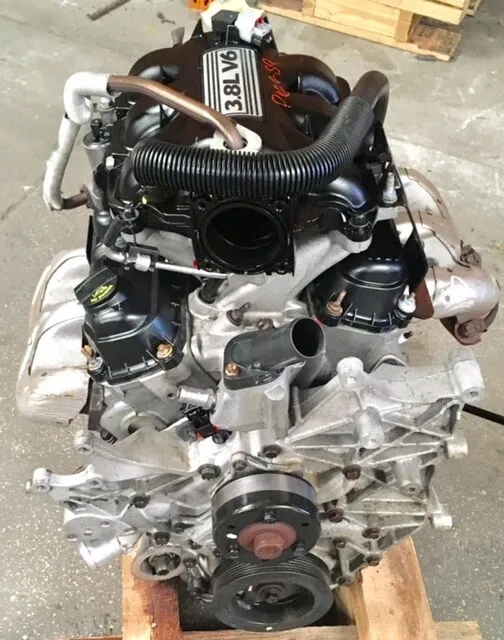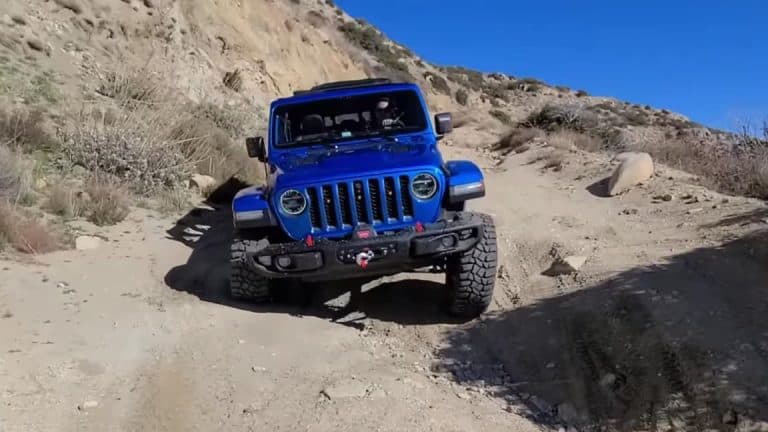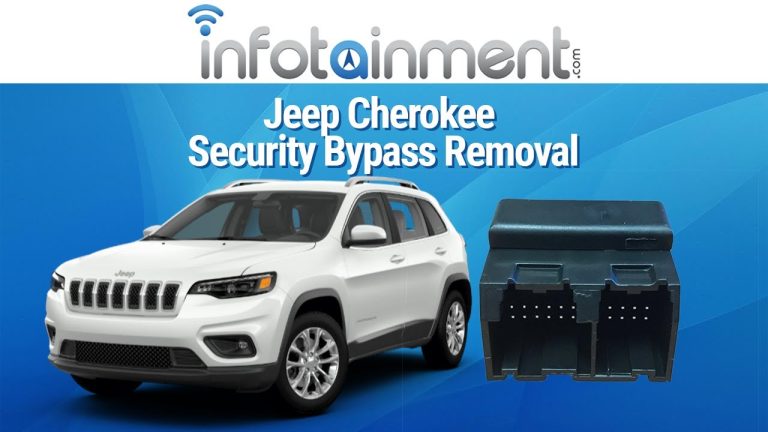Jeep Cherokee Catalytic Converter Problems
The Jeep Cherokee is a beloved SUV that has been around for decades. However, like any vehicle, it can experience problems over time. One issue that has been increasingly common among Jeep Cherokee owners is catalytic converter problems.
The catalytic converter is a critical component of a vehicle’s exhaust system. It is responsible for reducing harmful emissions and converting them into less harmful substances. When the catalytic converter fails, it can lead to a host of issues that can affect the vehicle’s performance and even lead to costly repairs.
In this article, I will explore some of the common Jeep Cherokee catalytic converter problems and what you can do to prevent them.
Jeep Cherokee Catalytic Converter Problems: Causes, Symptoms, and Solutions
What is a Catalytic Converter?
The catalytic converter is an important component of your Jeep Cherokee’s exhaust system that helps in reducing harmful emissions. It converts the harmful pollutants in the exhaust gases into less harmful ones before releasing them into the environment.
The catalytic converter consists of a ceramic honeycomb structure coated with precious metals like platinum, palladium, and rhodium. The exhaust gases pass through this honeycomb structure, where the pollutants are converted into water vapor, carbon dioxide, and nitrogen.
Causes of Catalytic Converter Problems
Despite its importance, the catalytic converter can develop problems over time due to various reasons. One of the most common causes of catalytic converter problems is contamination. The precious metals in the honeycomb structure can get contaminated by oil, coolant, and other substances that enter the exhaust system.
Another common cause of catalytic converter problems is physical damage. The ceramic structure can crack or break due to impact or excessive heat, which can reduce its efficiency or cause it to fail completely.
Symptoms of Catalytic Converter Problems
There are several symptoms that can indicate a problem with your Jeep Cherokee’s catalytic converter. One of the most common symptoms is a decrease in engine performance. You may experience reduced power, acceleration, and fuel efficiency.
Another symptom of catalytic converter problems is a foul smell coming from the exhaust. This can be due to the buildup of unburnt fuel in the exhaust system. You may also notice black smoke coming from the tailpipe.
Solutions to Catalytic Converter Problems
If you suspect a problem with your Jeep Cherokee’s catalytic converter, it is important to get it checked by a professional mechanic. They can diagnose the problem and recommend the best solution.
In some cases, the catalytic converter may need to be replaced. This can be an expensive repair, but it is necessary to ensure that your vehicle is running efficiently and not causing harm to the environment.
Another solution to catalytic converter problems is to clean or unclog it. This can be done by using a specialized cleaning agent that dissolves the contaminants in the honeycomb structure. However, this is not always effective and may not be a permanent solution.
Benefits of a Catalytic Converter
Despite the potential problems, the catalytic converter is an essential component of your Jeep Cherokee’s exhaust system. It helps in reducing harmful emissions and ensures that your vehicle meets environmental regulations.
A properly functioning catalytic converter can also improve your vehicle’s performance and fuel efficiency. It can reduce the workload on the engine and prevent damage to other components in the exhaust system.
Catalytic Converter vs. Straight Pipe Exhaust
Some Jeep Cherokee owners may consider removing the catalytic converter and installing a straight pipe exhaust, which allows for better airflow and a louder exhaust note. However, this is illegal and can result in fines and other penalties.
Moreover, a straight pipe exhaust can increase harmful emissions and reduce fuel efficiency. It can also cause damage to other components in the exhaust system and affect the overall performance of your vehicle.
In conclusion, the catalytic converter is a crucial component of your Jeep Cherokee’s exhaust system that helps in reducing harmful emissions. If you suspect a problem with your catalytic converter, it is important to get it checked by a professional mechanic. Replacing or cleaning it can be expensive, but it is necessary to ensure that your vehicle is running efficiently and not causing harm to the environment.
Frequently Asked Questions
Here are some common questions and answers related to Jeep Cherokee catalytic converter problems.
What Are the Symptoms Of a Dad Jeep Cherokee Catalytic Converter Problems?
If your Jeep Cherokee has a bad catalytic converter, you may experience symptoms such as a decrease in engine performance, decreased fuel efficiency, and the illumination of the check engine light. The engine may also run rough or stall, and you may notice a sulfur-like smell coming from the exhaust.
If you are experiencing any of these symptoms, it is important to have your vehicle inspected by a qualified mechanic to determine if the catalytic converter needs to be replaced.
What causes catalytic converter problems?
There are several factors that can contribute to catalytic converter problems in your Jeep Cherokee. One of the most common causes is a buildup of contaminants such as oil or coolant in the exhaust system. This can cause the catalytic converter to become clogged or damaged over time.
Other factors that can contribute to catalytic converter problems include normal wear and tear, overheating, and exposure to corrosive materials. It is important to have your vehicle regularly serviced to help prevent these issues from occurring.
Can a bad catalytic converter cause engine damage?
If a bad catalytic converter is left untreated, it can cause damage to your Jeep Cherokee’s engine over time. The buildup of contaminants in the exhaust system can cause the engine to run poorly, which can lead to overheating and other issues.
In addition, a bad catalytic converter can cause damage to other components in the exhaust system such as the oxygen sensor or muffler. It is important to have any catalytic converter problems addressed as soon as possible to prevent further damage to your vehicle.
How much does it cost to replace a catalytic converter on a Jeep Cherokee?
The cost to replace a catalytic converter on a Jeep Cherokee can vary depending on a number of factors such as the year and model of your vehicle, the type of catalytic converter needed, and the cost of labor in your area.
On average, the cost to replace a catalytic converter on a Jeep Cherokee can range from $500 to $2,500. It is important to get a quote from a qualified mechanic before proceeding with any repairs to ensure that you are getting a fair price.
Can I drive with a bad catalytic converter?
While it is possible to drive with a bad catalytic converter, it is not recommended. A bad catalytic converter can cause damage to your engine over time, which can lead to costly repairs.
In addition, a bad catalytic converter can lead to increased emissions and can cause your Jeep Cherokee to fail an emissions test. If you suspect that your catalytic converter is bad, it is important to have it inspected and repaired as soon as possible.
How To Diagnose a Bad Catalytic Converter
In conclusion, the Jeep Cherokee has experienced catalytic converter problems that have caused a significant amount of frustration for many owners. These issues often result in expensive repairs, decreased fuel efficiency, and reduced performance.
However, it’s important to note that regular maintenance and proper driving habits can greatly reduce the risk of catalytic converter failure. This includes routine inspections, avoiding harsh driving conditions, and using high-quality fuel.
Ultimately, while catalytic converter problems can be a headache for Jeep Cherokee owners, they can be managed with the right approach. By staying informed about common issues and taking proactive steps to prevent damage, drivers can enjoy a smoother, more reliable ride for years to come.

